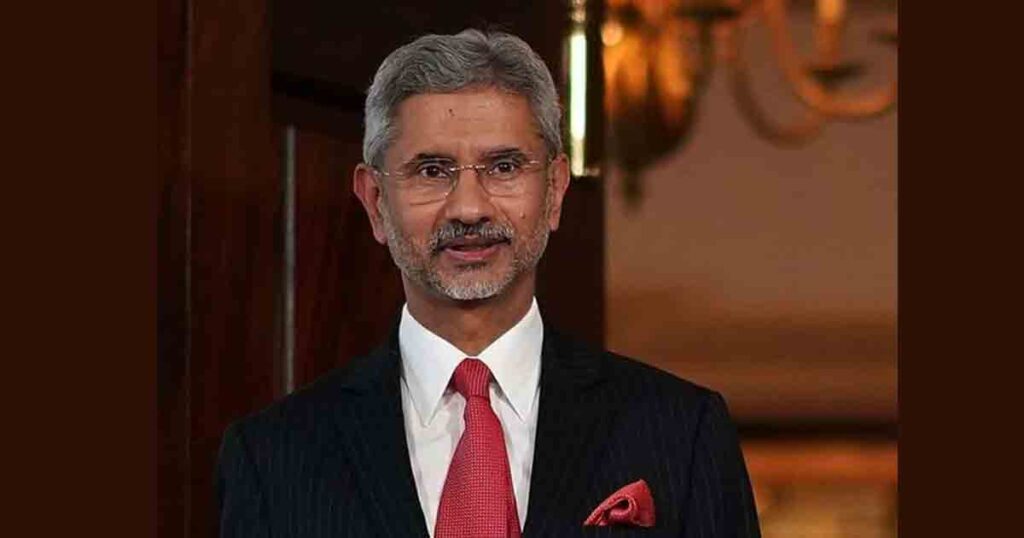External Affairs Minister S Jaishankar says No Danger Too Distant Anymore

Travel Advisory: Indian Govt Urges Citizens to Refrain from Traveling to Iran or Israel
In a recent address at an event, External Affairs Minister S Jaishankar highlighted the shifting landscape of geopolitics and emphasized that the expectation of containing the impact of conflicts and terrorism is no longer realistic.
Jaishankar pointed out that the ripple effects of ongoing developments in the Middle East remain uncertain. He discussed the wide-reaching consequences of conflicts in a globalized world, citing the Russia-Ukraine war as an example.
He noted that even smaller regional incidents have significant implications beyond their immediate geographical boundaries.
The minister also touched upon the challenge of terrorism, especially its use as a tool of statecraft, indirectly alluding to Pakistan’s support for various terror groups.
He stressed the interconnectedness of the world, stating, “The basic takeaway for all of us is that given the seamlessness of our existence, any expectation that conflicts and terrorism can be contained in their impact is no longer tenable.”
In addition to economic factors, Jaishankar highlighted the danger of radicalism and extremism spreading, emphasizing that “no danger is too distant anymore.”
He discussed various aspects of geopolitics, including the rise in global debt resulting from imprudent choices, indiscriminate borrowings, and opaque projects. Market volatility, he added, has had a severe impact on smaller economies with limited trade diversification.
Countries heavily reliant on tourism and remittances have been significantly affected by economic slowdowns. Jaishankar expressed concern that international financial institutions have been inadequate in responding to these challenges.
Furthermore, Jaishankar declared that the era of a unipolar world is a distant memory and a bipolar world is even more remote. He observed that regional players are gaining dominance in their respective areas, leaving less room for global or external players to intervene.
This trend, he noted, is not limited to the Middle East but is also evident in Africa.
In conclusion, S Jaishankar’s address emphasized the evolving nature of conflicts, terrorism, and geopolitics in our interconnected world, where containment of their impact is increasingly challenging.









